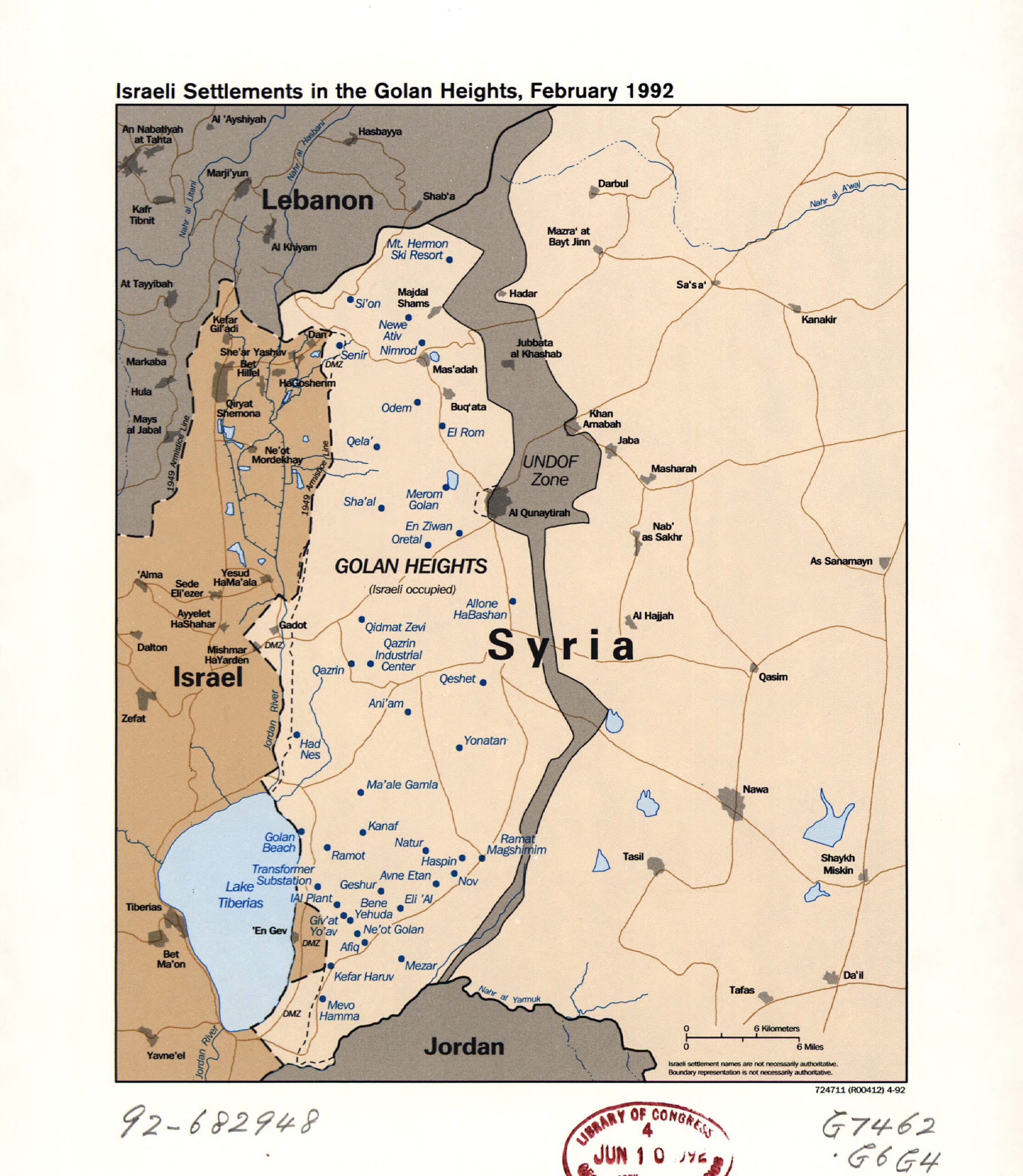Former President Donald Trump’s recent remarks concerning the Gaza Strip have drawn significant attention. During a public appearance, Trump articulated his vision for the region, using the phrase “clean out” to describe his approach to the situation in Gaza. He then outlined the concept of transferring the Gazan population to neighboring countries, specifically mentioning Egypt and Jordan as potential destinations. This proposal has quickly become a focal point of discussion, raising numerous questions about its viability and potential geopolitical consequences. The idea of relocating a large population is complex, involving logistical, humanitarian, and political considerations. International law and existing agreements related to displacement and refugee status would play a significant role in any such undertaking. The practical aspects of moving a population of over two million people, including considerations for their safety, security, and basic needs, pose significant challenges. The cooperation of Egypt and Jordan, as well as other regional stakeholders, would be essential for the plan’s success. Both countries have a history of accommodating refugees, but the scale of such a relocation could present unprecedented logistical and economic hurdles. Furthermore, the political ramifications of such a move could be extensive. The potential impact on the stability of the region, as well as the international relationships with involved nations, would need to be carefully assessed and considered. Concerns have been raised about the human rights of the people affected by such relocation, their right to return, and the potential for creating long-term refugee situations. The proposal’s broader implications for the Israeli-Palestinian conflict are also being scrutinized, as it could alter the demographic composition of the region and potentially impact the prospects for a lasting peace settlement. The historical context of displacement and resettlement in the Middle East should also be factored in the discussion as these issues have been a source of tension for decades. Moreover, the economic impact on both the countries receiving the displaced and on Gaza itself would need to be thoroughly researched and mitigated. The international community’s position on the relocation proposal is of crucial importance and would likely be a driving force in whether the plan proceeds or not. Trump’s stated intention to “clean out” Gaza raises questions about the ultimate objectives of the proposal. Understanding the background reasoning behind this statement, including the potential goals, both political and strategic, would be an essential part of the debate. The reaction from governmental bodies, non-governmental organizations, and international organizations will likely be varied and nuanced. The financial resources required to support such a massive undertaking, as well as potential humanitarian aid needs, would necessitate large-scale commitments from international donors. The long-term consequences for the individuals, communities and countries involved need to be fully considered. It also remains to be seen how the existing internal political landscape in Gaza might react to the news. The process of implementing such a plan would require extensive negotiations, agreements, and safeguards, involving not only those directly involved but also the international community at large. Any plan would have to take into account the diverse needs of the population involved such as the elderly and the vulnerable. Trump’s remarks raise significant legal and ethical considerations that must be addressed. This proposal has generated considerable debate and many more discussions are likely to ensue.
Trump Discusses Potential Relocation of Gazan Population



